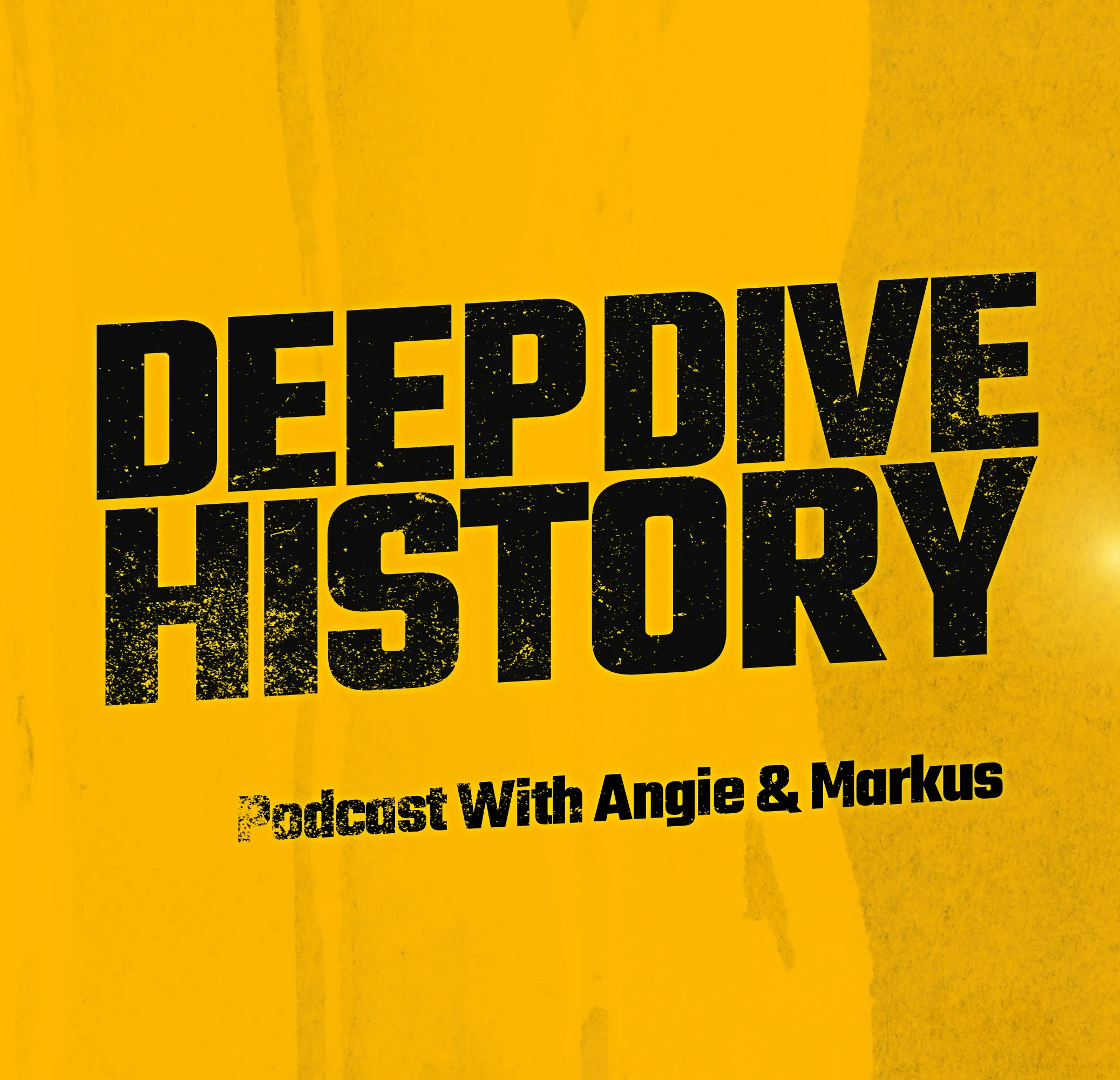Olduvai Gorge or Oldupai Gorge : Wiki Pedia
A skull fragment unearthed by anthropologists in Tanzania shows that our ancient ancestors were eating meat at least 1.5 million years ago, shedding new light into the evolution of human physiology and brain development.
“Meat eating has always been considered one of the things that made us human, with the protein contributing to the growth of our brains,” said Charles Musiba, Ph.D., associate professor of anthropology at the University of Colorado Denver, who helped make the discovery. “Our work shows that 1.5 million years ago we were not opportunistic meat eaters, we were actively hunting and eating meat.”
The study was published Wednesday in the peer-reviewed journal PLOS ONE.
The two-inch skull fragment was found at the famed Olduvai Gorge in northern Tanzania, a site that for decades has yielded numerous clues into the evolution of modern humans and is sometimes called `the cradle of mankind.’
The fragment belonged to a 2-year-old child and showed signs of porotic hyperostosis associated with anemia. According to the study, the condition was likely caused by a diet suddenly lacking in meat.
“The presence of anemia-induced porotic hyperostosis…indicates indirectly that by at least the early Pleistocene meat had become so essential to proper hominin functioning that its paucity or lack led to deleterious pathological conditions,” the study said. “Because fossils of very young hominin children are so rare in the early Pleistocene fossil record of East Africa, the occurrence of porotic hyperostosis in one…suggests we have only scratched the surface in our understanding of nutrition and health in ancestral populations of the deep past.”
Musiba said the evidence showed that the juvenile’s diet was deficient in vitamin B12 and B9. Meat seems to have been cut off during the weaning process.
“He was not getting the proper nutrients and probably died of malnutrition,” he said.
The study offers insights into the evolution of hominins including Homo sapiens. Musiba said the movement from a scavenger, largely plant-eating lifestyle to a meat-eating one may have provided the protein needed to grow our brains and give us an evolutionary boost.
Some scientists have argued that we became human when we became carnivorous-omnivorous creatures.
“Meat eating is associated with brain development,” he said. “The brain is a large organ and requires a lot of energy. We are beginning to think more about the relationship between brain expansion and a high protein diet.”
Humans are one of the few surviving species with such a large brain to body size ratio. Chimpanzees, our closest relatives, eat little meat and have far less brain capacity than humans, Musiba said.
“That separates us from our distant cousins,” he said. “The question is what triggered our meat eating? Was it a changing environment? Was it the expansion of the brain itself? We don’t really know.”
Four students participating in the CU Denver Tanzania Field School were at Olduvai Gorge when the skull fragment was discovered.
“It was a great experience for them,” said Musiba, director of the Field School and a native of Tanzania. “Hopefully, it will inspire even more students to come to Africa and help us find answers to the questions posed by these discoveries.”







